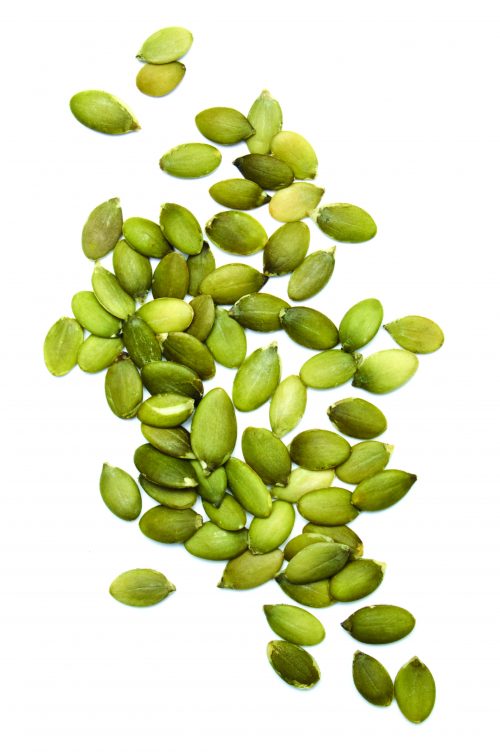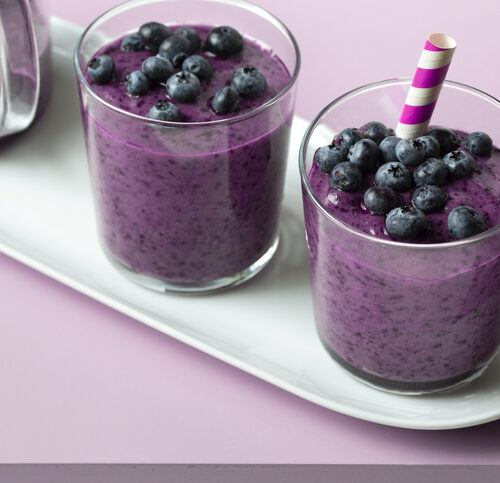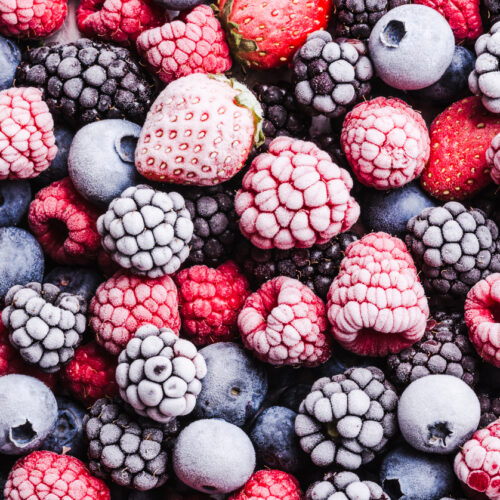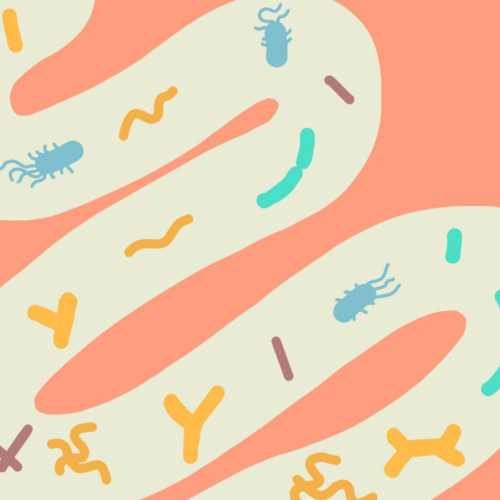
Senior nutrionist Rose Carr tells us how much protein is enough.
Q: How much protein do we need?
A: Our protein needs vary, depending on age, gender and activity levels, but our bodies need a minimum level of protein, around 10 per cent of energy (kilojoules) from protein. We also need, however, the vitamins and minerals found in protein foods and for this reason 15-25 per cent of energy from protein foods is the recommended range for our long-term health. For an average 8700kJ day (see How much do I need to eat), this translates to a minimum of 78g and a maximum of 130g protein.
Q: Isn’t it better to have more protein?
A: Some people believe eating more protein will help them build muscle, but it’s using your muscles and doing resistance exercise which builds muscle. While it’s true athletes need more protein than the average couch potato, possibly 50-100 per cent more, this doesn’t mean adding protein bars or shakes is necessary for athletes. They generally eat more food because they need more energy (kilojoules) to keep them going, and in doing so they usually meet their protein needs.
Including protein foods in each meal or snack can help us feel full, so this is often promoted for weight-loss, but this doesn’t mean we need higher amounts of protein overall.
Q: Is it harmful to have too much protein?
A: The upper limit of 25 per cent of energy from protein is recommended as a safe level as there is little information about the long-term effects of higher-protein diets based on the typical Western-style diet. In the Arctic regions it’s believed some healthy groups of people have diets at around 30 per cent energy from protein, but these are highly active populations whose lifestyles are quite different. We do know that higher levels of protein in the diet may promote calcium loss and higher levels of protein have been associated with upper digestive tract cancer and kidney cancer.
Q: So how do we get the protein we need?
A: Our average protein intakes are around 15-16 per cent of energy, so most New Zealanders are getting enough protein. The most recent National Nutrition Survey (1997) tells us the main sources of protein in our diets are meat, poultry and fish (about 33 per cent), cereals and other cereal-based foods (about 25 per cent), and dairy foods (about 16 per cent). Vegetables also provide about eight per cent of the protein in our diets.
We call meat, fish and poultry protein foods, but that doesn’t mean 100g of these is 100g of protein as these foods actually have a high water content, as much as 60-80 per cent.
Here’s how much protein is in different foods (we’ve given the raw weight for meats):
- 150g lean meat – 30-35g
- 125g fish – 22-26g
- 1/4 cup pumpkin seeds – 21g
- 1 cup chickpeas – 14g
- 100g uncooked pasta – 12g
- 2 poached eggs – 11g
- 40g Edam cheese – 11g
- 1 cup trim milk – 10g
- 1 cup soy milk – 9g
- 1/4 cup mixed nuts – 9g
- 100g tofu – 8g
- 200g baked beans – 8g
- 2 slices multigrain bread – 8g
- 150ml pottle yoghurt – 6-8g
- 2 slices white bread – 5g
- 1/2 cup muesli – 5g
- 1 cup boiled rice – 4-5g
- 1/2 cup peas – 4g
- 1 tablespoon peanut butter – 4g
- medium (140g) boiled potato – 3g
- 1/2 cup sweet corn – 2g
www.healthyfood.com











